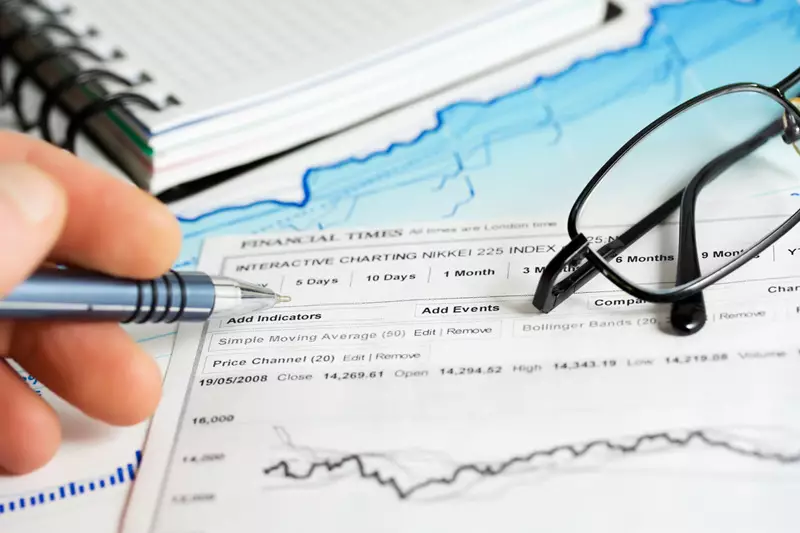German Chancellor Olaf Scholz and Finance Minister Christian Lindner have recently expressed doubts about the reform of Germany’s debt brake. The debt brake, which limits public deficits to 0.35% of GDP, is a hot topic of discussion among politicians, with some calling for adjustments to the system.
Challenges Ahead for Reform
Scholz stated that he believes the issue is being overestimated and that reforming the debt brake will not solve the current challenges facing the country. He dismissed the possibility of any reform happening this year or next, focusing instead on other options for action. The Chancellor emphasized the need for a non-partisan debate on the matter.
The debate over the debt brake has gained momentum following an initiative by Berlin Mayor Kai Wegner to reform the system. Several state leaders have expressed openness to reform, noting that the states are currently restricted from incurring new debt unlike the federal government. The International Monetary Fund has also weighed in, suggesting that Germany could raise its debt brake to 1.35% of GDP while still reducing its debt/GDP ratio.
On the other hand, Finance Minister Lindner staunchly defended the debt brake as a necessary tool to prevent inflation. He emphasized that the debt brake is not hindering investment or progress, as the government is investing in the public budget at a record level. Despite criticism of the system, Lindner remains a strong advocate for maintaining the current debt brake regulations.
Bundesbank president Joachim Nagel offered a different perspective, suggesting that there is room for adjustments to the debt brake. Nagel highlighted the importance of financial stability in Europe and proposed that under certain conditions, such as if Germany’s debt curve falls below 60%, higher deficit ratios could be considered. This differing viewpoint adds complexity to the ongoing debate surrounding the reform of the debt brake in Germany.
The debate over Germany’s debt brake reform is multifaceted, with government officials expressing varying opinions on the need for adjustments to the system. While some argue that reform is necessary to address current challenges, others believe that the debt brake is essential for maintaining financial stability. As the discussion continues, finding a balance between fiscal responsibility and economic progress will be crucial for shaping the future of Germany’s economic policy.


Leave a Reply